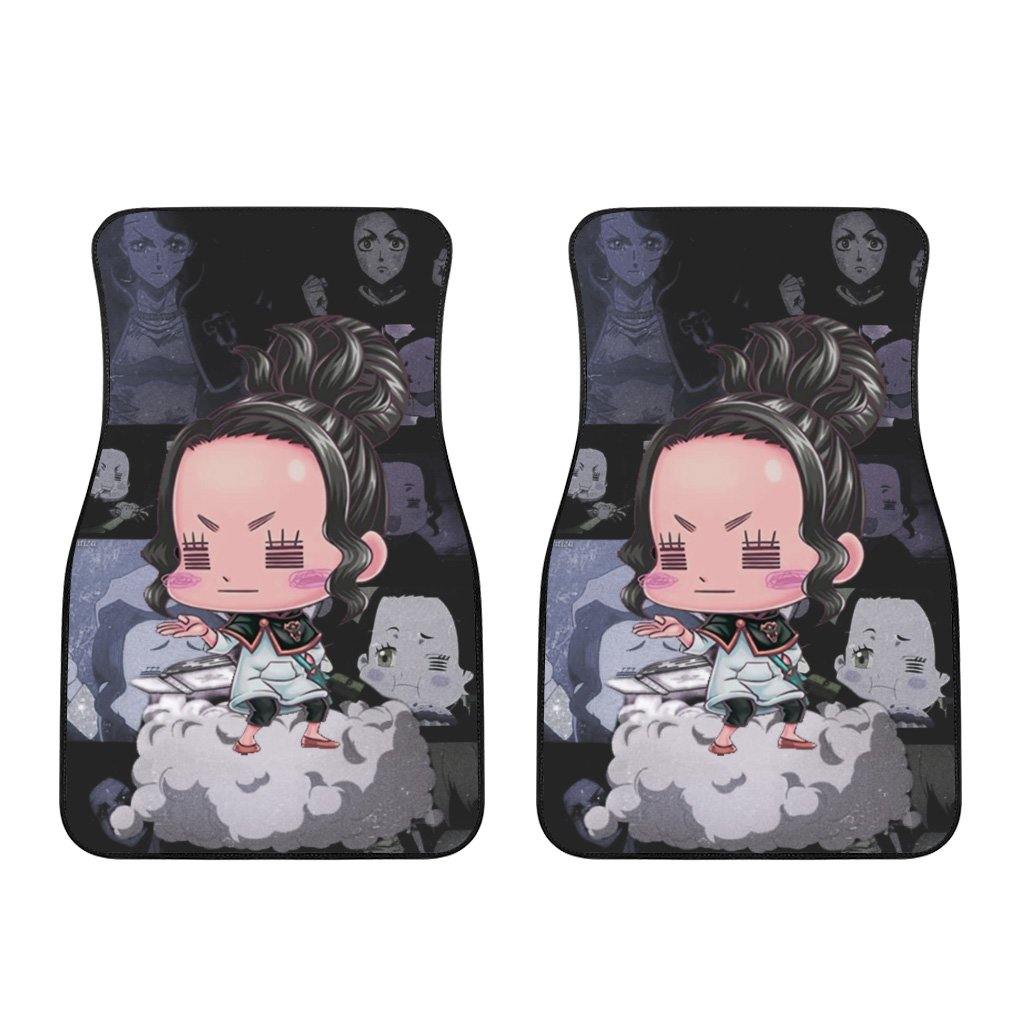No products in the cart.
Anime, Black Clover
Black Clover can be seen as a way to bring more diversity to manga

In recent years, there has been a growing demand for diversity and inclusivity in media. Manga and anime, in particular, have been called out for their lack of representation of marginalized communities. However, some series are stepping up and providing positive examples of how to be more inclusive. One such example is chapter 348 of Black Clover.
In this chapter, the new villain, Lucius Zogratis’ Paladin Yrul, exhibits a speech impediment that results in him having to repeat the first syllable of certain words no more than once. Despite this, none of Yrul’s opponents, including Asta, his devil partner Liebe, or Yami’s sister Ichika, comment or react to his stutter as though he was speaking normally. This portrayal is significant because it demonstrates an ideal world where differences are accepted and not discriminated against.

The fact that Yrul’s speech impediment is not mocked or ridiculed is particularly compelling because the character does not deserve any kindness. He is specifically mocking his opponents’ skills or lack thereof and calling out Ichika for being pathetic, even though she is supposed to be one of her country’s strongest fighters. Yrul also stutters when attempting to expose Asta’s deepest fears, a goal that results in Asta inadvertently admitting he is not stronger than Black Clover’s Yuno.
It is worth noting that the prospect of Asta retaliating to Yrul’s mockery by pointing out his speech impediment would seem insensitive and inappropriate, especially for his character. However, Yrul’s own cruelty, especially after traumatizing Ichika so thoroughly in the previous chapters, makes the prospect of him being ridiculed more palatable or understandable. In this way, Asta’s decision to act as though nothing out of the ordinary is occurring positions him as an ideal hero who espouses a mindset that everyone should aspire to.
This type of depiction that portrays an idealized version of humanity is also seen in the popular TV series Schitt’s Creek. Despite the story transpiring in a place that some would consider less accepting of certain lifestyles and people, everyone in the eponymous town acts positively to a gay relationship and completely embraces their eventual marriage. This example shows that there is room for media that depicts worlds where differences are accepted.

It is important to note that not all series approach disability and diversity in the same way. For instance, the series Ranking of Kings explores how a young prince named Bojji overcomes adversity that comes as a result of him being small and deaf, the latter of which affects his speech. Unlike how Yrul’s condition is ignored in Black Clover, Bojji is openly ridiculed. However, the series also shows how Bojji is more than capable of being a king despite his unique challenges and how he is not defined by them.
Overall, Black Clover’s chapter 348 provides a positive example of how media can be more inclusive of diverse populations. Hopefully, Yuki Tabata will continue to explore this inclusive world in some capacity, like Ranking of Kings and Schitt’s Creek, even though the series is ending. By doing so, manga and anime can become more representative of the diverse world we live in, and promote acceptance and understanding of different cultures, abilities, and backgrounds.
We bring out some of the most well-known Black Clover collection, all of which are available at reasonable costs. Visit our link now if you are interested in the Black Clover collection
Black Clover Car Floor Mats, Charmy Mix Anime Car Floor Mats, Anime Car Accessories
Black Clover Car Floor Mats, Charmy Pappitson Car Floor Mats, Anime Car Accessories


Beelzebub, Zenon, Gaja, lolopechka, Gordo
